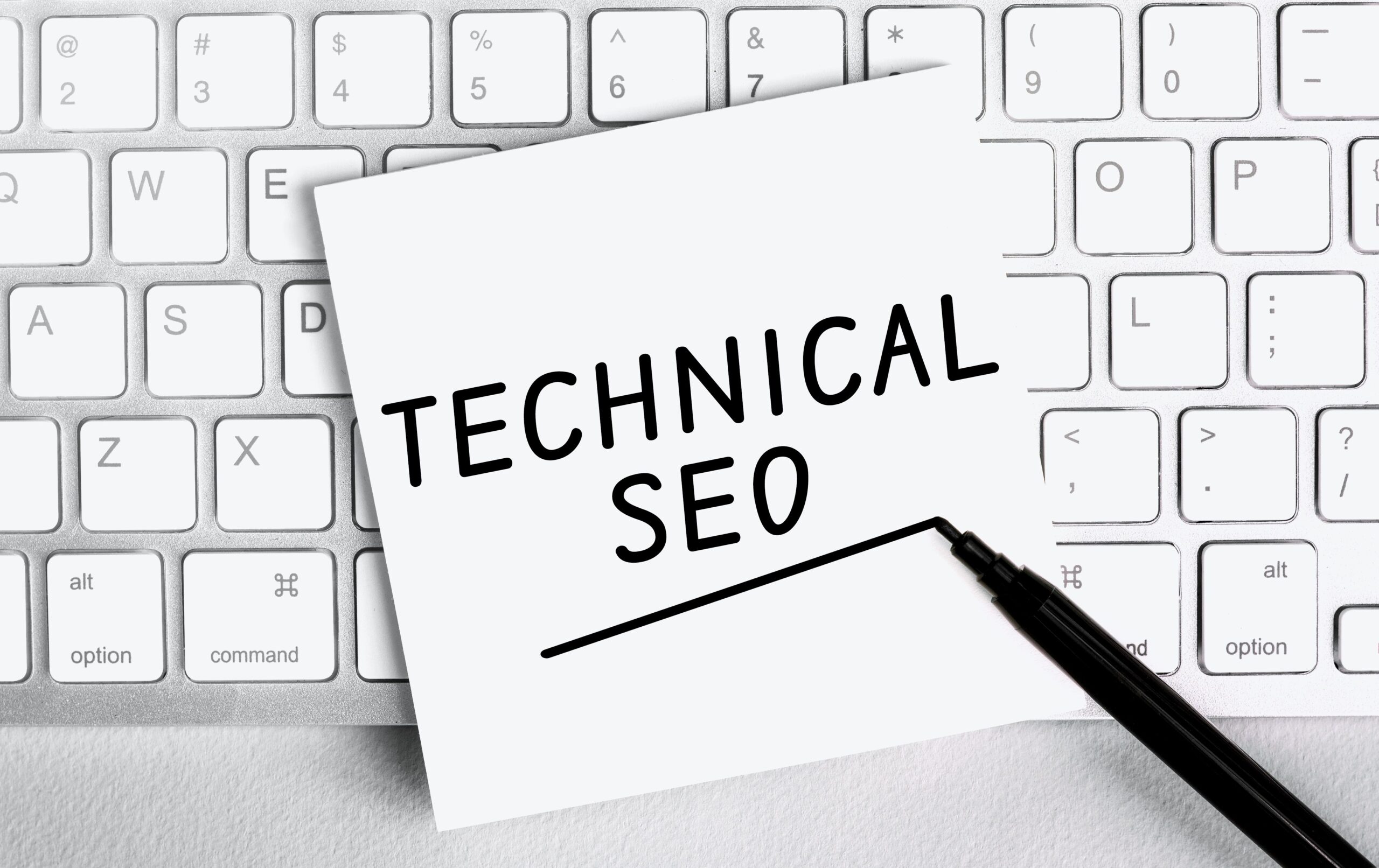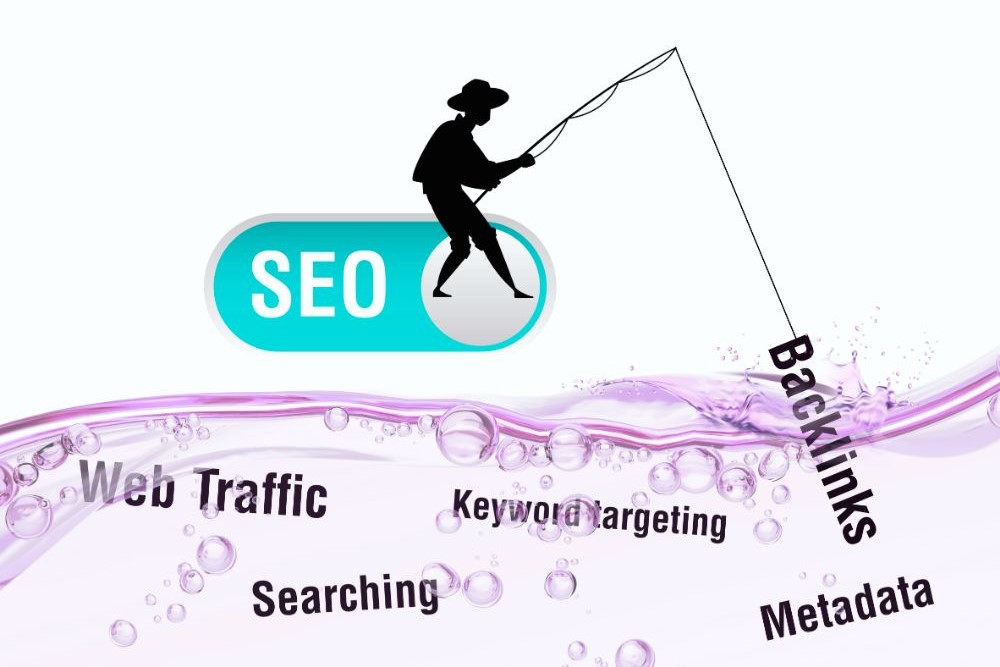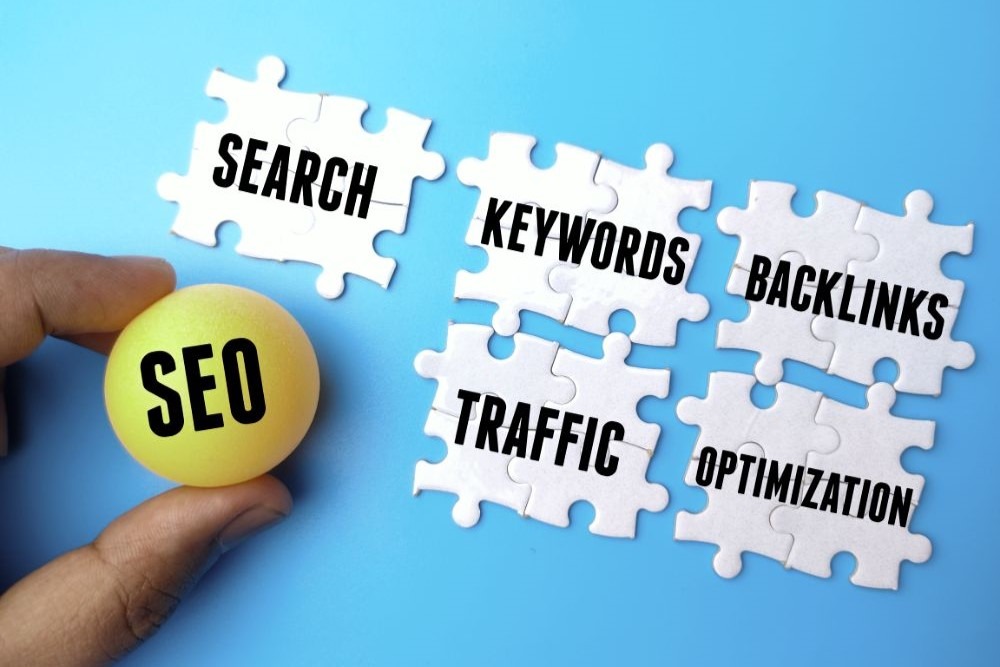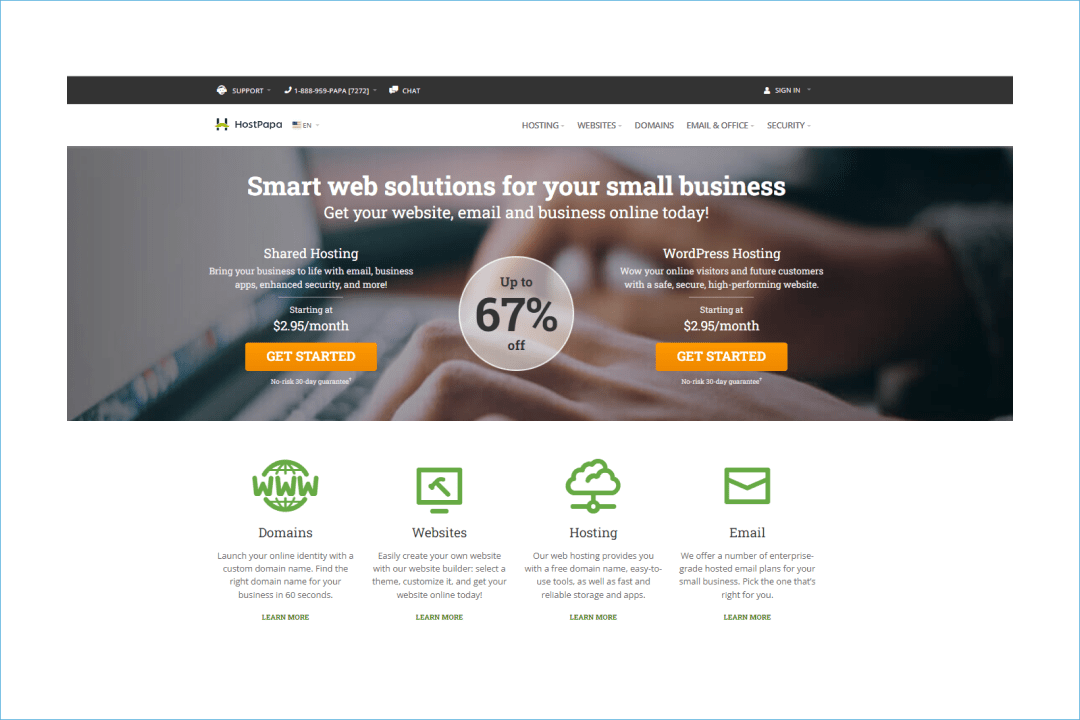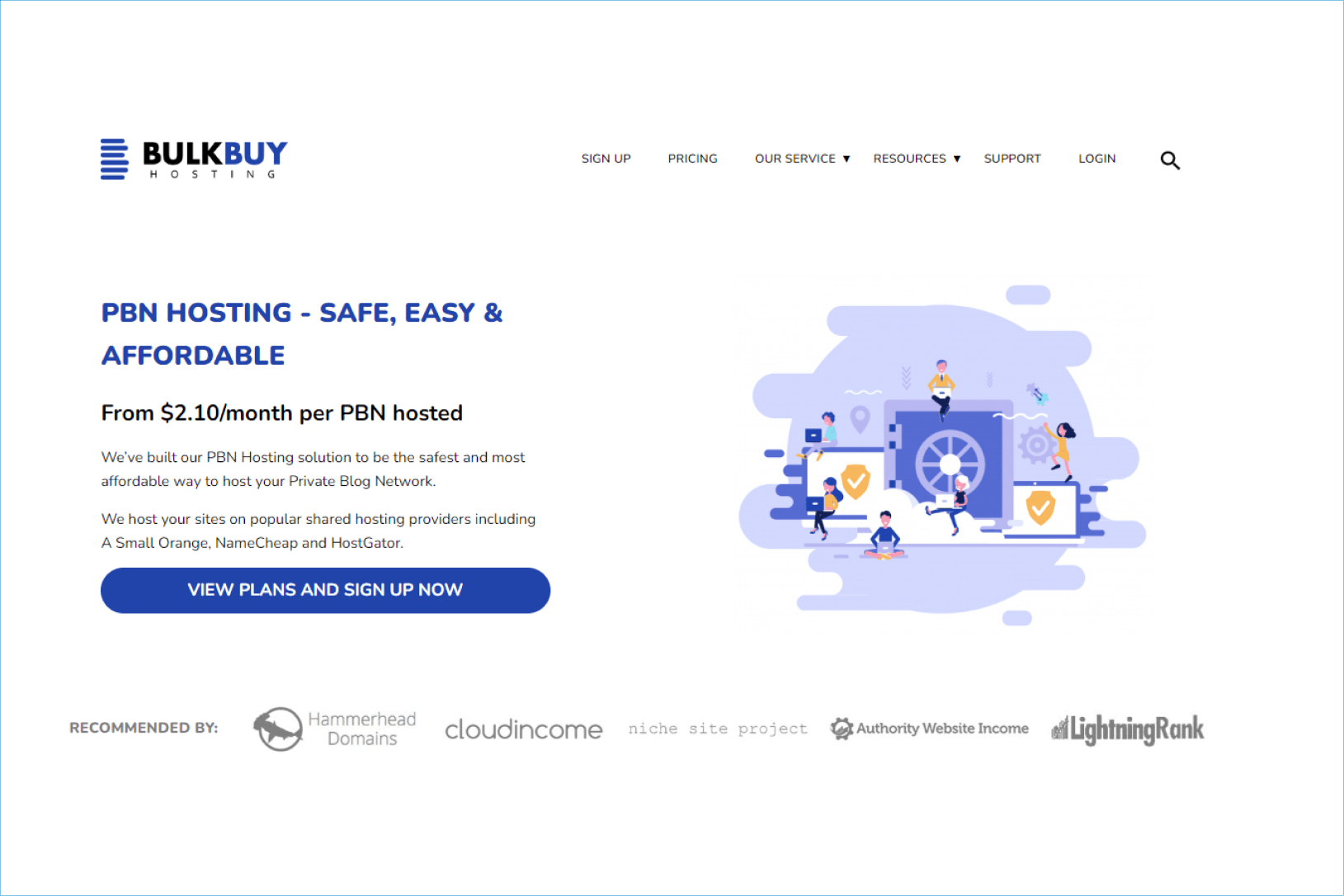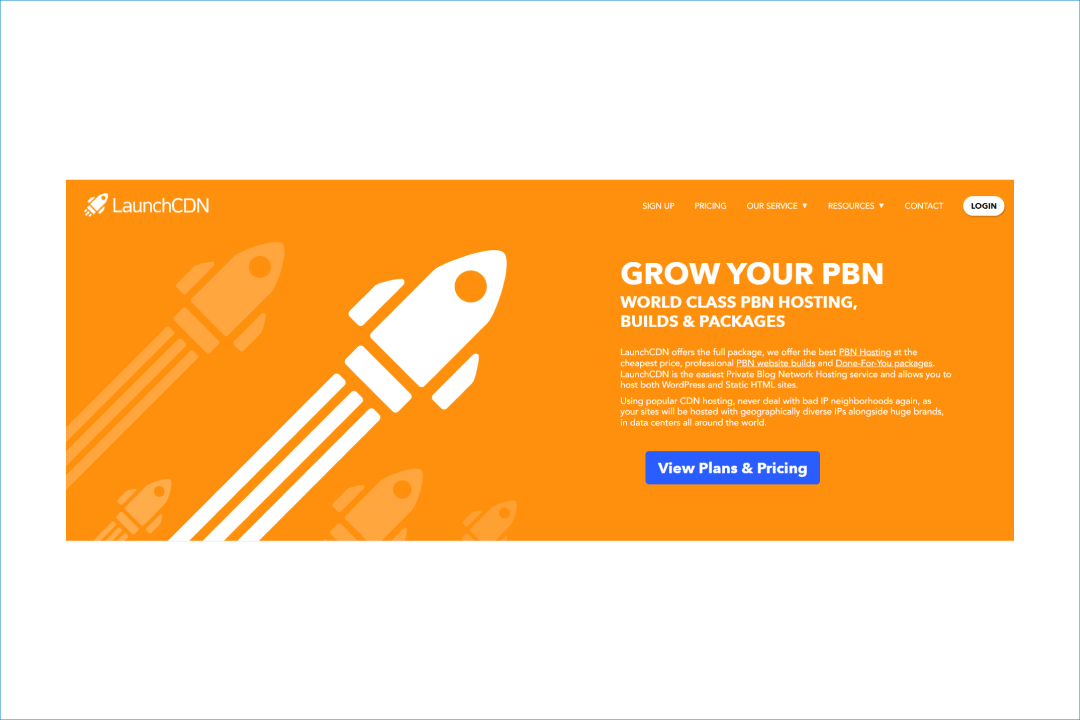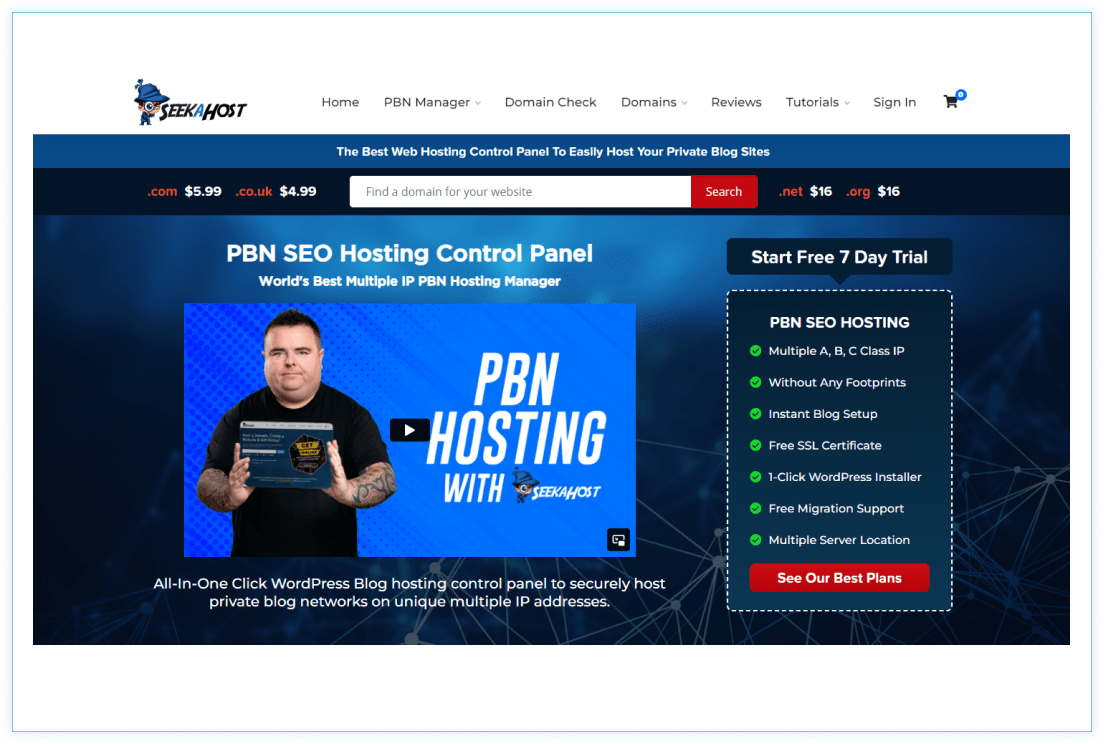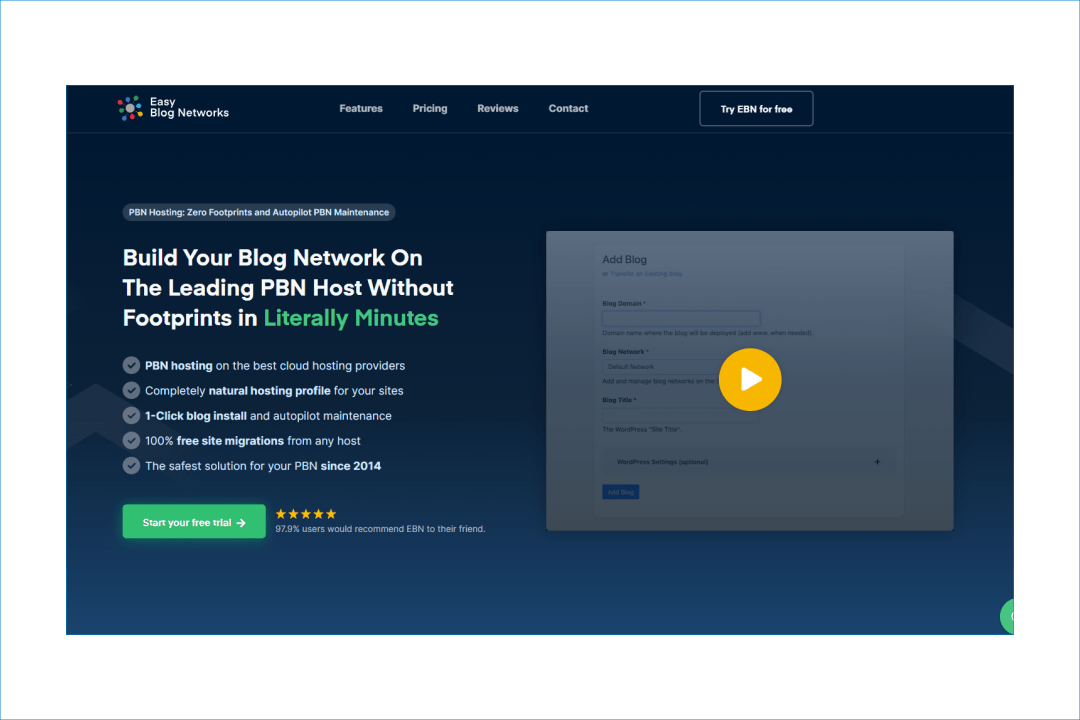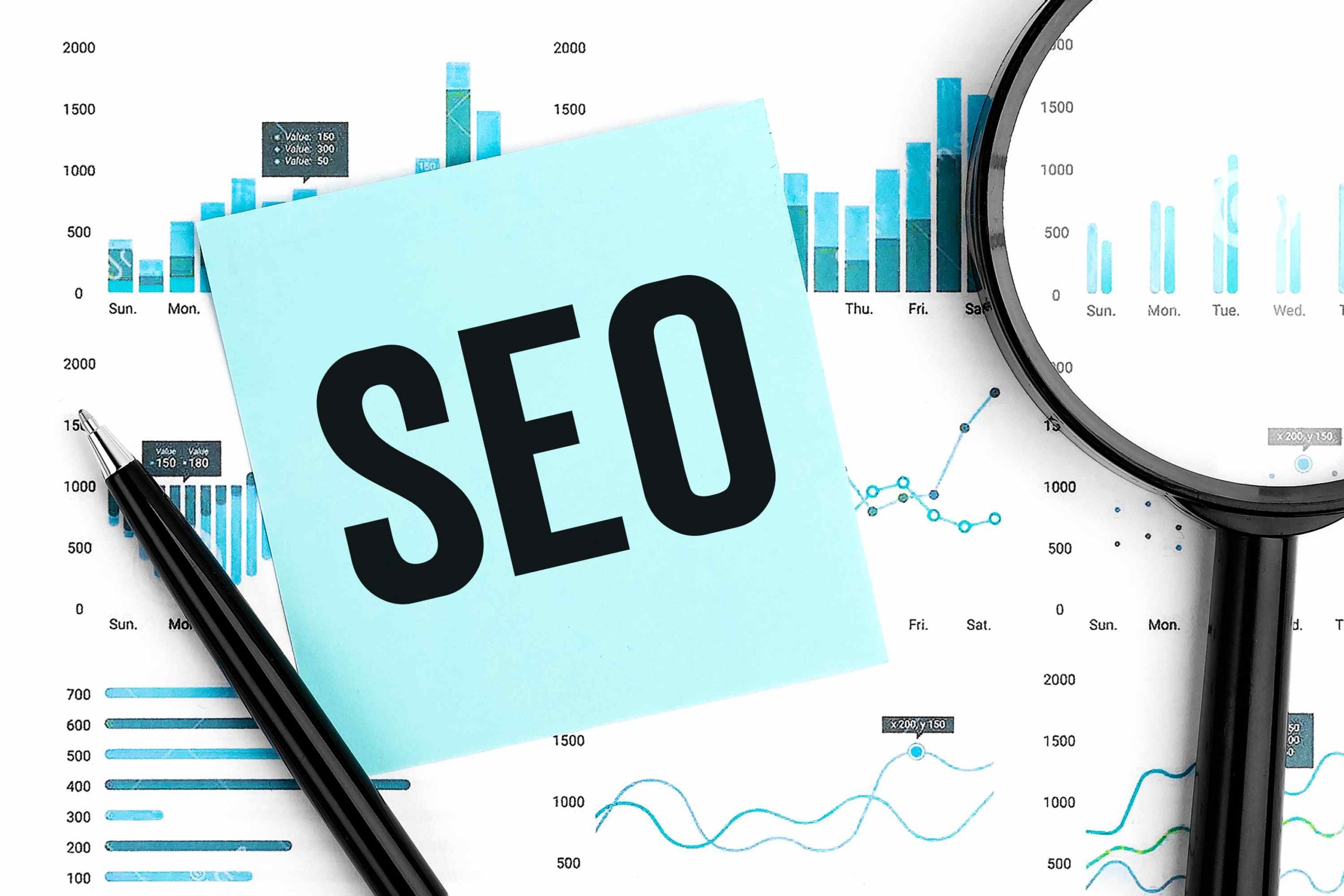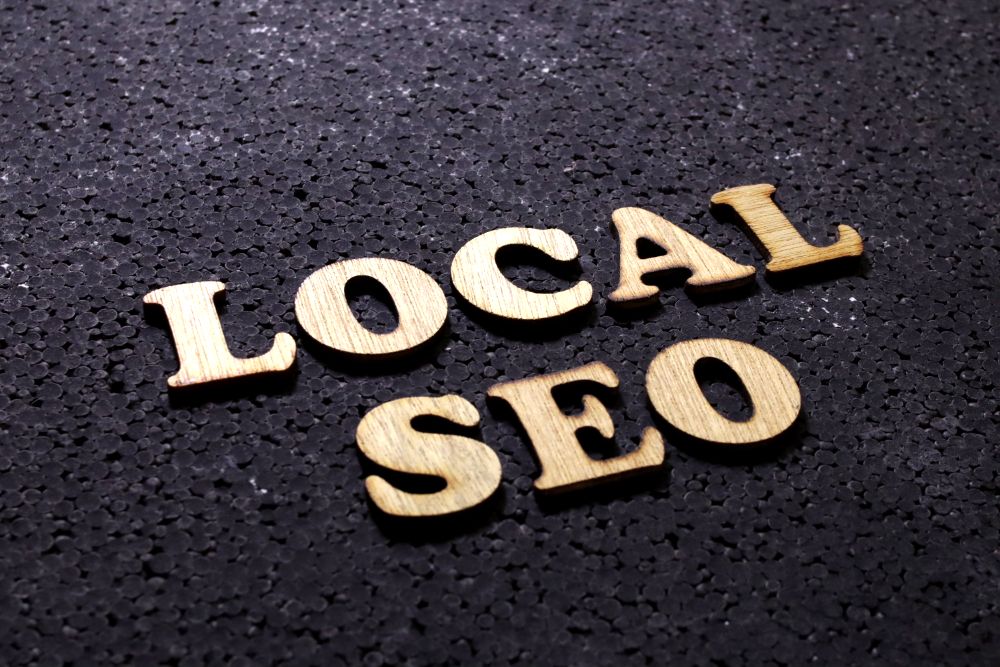
Local search engine optimization (SEO) has become a cornerstone for businesses that rely on attracting customers within a specific geographic area. Whether you’re running a quaint coffee shop, a dental clinic, or any other local business, understanding and implementing local SEO is crucial to your success.
The digital marketplace is crowded, and without a solid local SEO strategy, your business risks being overshadowed by competitors.
Local SEO helps you stand out in your community by making sure your business appears in local search results, which are often the first stop for customers looking for services nearby.
This guide will dive deep into what local SEO is, why it’s essential for your business, how it works, and the steps you need to take to optimize your online presence effectively.
Key Takeaways
- Local SEO is a digital marketing strategy that optimizes a business’s online presence to attract more customers from relevant local searches.
- Local SEO is important because it directly impacts your business’s ability to connect with nearby customers when searching for your services or products.
- Local SEO works by helping search engines like Google understand where your business is located and what it offers.
- By optimizing various elements of your online presence, you can improve your visibility in local search results and attract more customers to your business.
What is Local SEO?
Local SEO, or Local Search Engine Optimization, is a digital marketing strategy focused on optimizing a business’s online presence to attract more customers from relevant local searches. This is particularly vital for businesses with physical locations or those providing services in specific geographic areas, such as restaurants, plumbers, or retail stores.
When potential customers search for services or products in their area, local SEO ensures that your business appears in the search engine results pages (SERPs) they see. This type of SEO goes beyond traditional SEO by focusing on local keywords, optimizing Google Business Profiles, managing online reviews, and securing local citations. It’s tailored specifically to connect you with customers who are searching for what you offer in their immediate area, making it a critical tool for driving foot traffic and generating local leads.
Why is Local SEO Important?
Local SEO is important because it directly impacts your business’s ability to connect with nearby customers when searching for your services or products. As more consumers turn to search engines to find local businesses – especially through mobile devices – appearing in local search results can significantly increase your visibility and credibility.
Businesses that invest in local SEO are more likely to attract high-intent customers, those ready to purchase or engage with a service. Moreover, local SEO helps level the playing field, giving small and medium-sized businesses the opportunity to compete with larger corporations by capturing a targeted, local audience. Ignoring local SEO can result in missed opportunities and a loss of market share to competitors who are more visible online.
How Does Local SEO Work?
Local SEO works by helping search engines like Google understand where your business is located and what it offers. When users perform searches with local intent, such as “Italian restaurant near me,” Google prioritizes geographically relevant businesses with optimized local SEO elements.
Google’s algorithms consider factors like relevance, distance, and prominence when ranking businesses in local searches. By optimizing these elements, businesses can improve their chances of appearing in local search results, thereby attracting more local customers.
How Google Determines Local Search Rankings
Google uses a variety of factors to determine which businesses appear in local search results. The most significant of these are proximity, relevance, and prominence. Understanding and optimizing for these factors is crucial to improving your local search rankings. Here they are:
Proximity
Proximity refers to the physical distance between the searcher and your business. Google’s algorithm favors businesses that are closer to the user’s location, making proximity a critical factor in local search rankings. While you cannot control where a searcher is located, you can maximize your visibility by clearly defining your service areas in your Google Business Profile. For example, if you serve multiple neighborhoods or cities, listing these locations can help you appear in searches conducted within those areas.
Relevance
Relevance is about how well your business matches a searcher’s query. Google assesses the relevance of your business based on the information in your Google Business Profile, including the categories you choose, the services you list, and the content on your website. To boost your relevance, ensure that all information is accurate and reflects the products or services you offer. If a potential customer searches for “emergency plumbing services,” businesses with detailed profiles mentioning emergency plumbing will rank higher.
Prominence
Prominence relates to how well-known your business is. Google considers factors such as online reviews, ratings, and the number of citations (mentions of your business name, address, and phone number) across the web. Businesses with high ratings and numerous positive reviews tend to rank higher. To improve your prominence, focus on gathering reviews from satisfied customers, ensuring your business is mentioned in local publications, and maintaining an active online presence.
Why These Factors Matter
These three factors – proximity, relevance, and prominence – work together to determine your business’s local search ranking. By optimizing for each, you can increase your chances of appearing in the top results when potential customers search for businesses like yours. This not only drives more traffic to your business but also enhances your credibility and trustworthiness in the eyes of consumers.
How to do a Local SEO Strategy?
A successful local SEO strategy involves a combination of targeted tactics designed to increase your visibility in local search results. Here are the key components of an effective local SEO plan:
Claim and Optimize Your Google Business Profile
The first step in any local SEO strategy is to claim your Google Business Profile and ensure it’s fully optimized. This includes:
- Adding complete and accurate business information.
- Selecting the appropriate business categories.
- Uploading high-quality photos of your business.
- Writing a compelling business description that includes relevant keywords.
- Keeping your hours of operation updated.
Encourage and Manage Online Reviews
Online reviews play a significant role in your local SEO. Encourage your customers to leave positive reviews by:
- Providing excellent service to earn good reviews organically.
- Asking satisfied customers to review your business.
- Responding to all reviews—both positive and negative—to show that you value customer feedback.
Build Local Citations
Local citations are online mentions of your business’s NAP. To build citations:
- List your business in local directories such as Yelp, TripAdvisor, and industry-specific sites.
- Ensure your NAP information is consistent across all listings.
- Use tools like Yext or Moz Local to manage your citations.
Do Local Keyword Research
Local keyword research involves identifying the search terms people use to find businesses like yours in your area. To do this:
- Use tools like Google Keyword Planner to find local keywords with high search volumes.
- Incorporate these keywords into your website content, meta tags, and Google Business Profile.
- Create content that addresses local topics or events to attract more local traffic.
To learn more, read our article https://quirk.biz/how-to-do-keyword-research-for-seo/.
Get High-Quality Backlinks
Backlinks from reputable local or industry-related websites can boost your local SEO. To acquire quality backlinks:
- Reach out to local bloggers or news outlets to write about your business.
- Participate in local community events and get listed on event directories.
- Share your expertise in guest posts for local or industry websites.
- Read our article to learn how to buy high-quality backlinks.
Improve your On-page SEO
On-page SEO involves optimizing the content of a web page to improve its ranking in organic search results. Your website should be optimized for local search by:
- Including local keywords in your website’s content, title tags, and meta descriptions.
- Ensuring your website is mobile-friendly with fast loading times.
- Adding a clear call to action and easy-to-find contact information.
- Creating location-specific landing pages if you serve multiple areas.
The Best Local SEO Tools
Implementing and managing a local SEO strategy can be complex, but using the right tools can make the process easier and more effective. Here are some of the best tools for local SEO:
Google Business Manager
Google Business Manager, formerly known as Google My Business, is a must-have tool for any local business. It allows you to manage your Google Business Profile, respond to reviews, and gain insights into how customers are finding you online. Regularly updating your profile through Google Business Manager ensures that your business information is always accurate and optimized.
Google Search Console
Google Search Console is a free tool that provides valuable insights into your website’s performance in Google Search. It shows you how much traffic your site is receiving, the keywords driving that traffic, and how your site is performing in local searches. Use Google Search Console to monitor and optimize your site’s SEO efforts continually.
Ahrefs’ Rank Tracker
Ahrefs’ Rank Tracker allows you to monitor your keyword rankings across different locations, including by country, state, city, or even ZIP/postal code. This tool is particularly useful for tracking the performance of your local SEO efforts and making data-driven decisions to improve your rankings.
Ahrefs Link Intersect
Ahrefs Link Intersect tool helps you discover backlink opportunities by showing websites that link to your competitors but not to you. Securing these backlinks can improve your site’s authority and local search performance.
Google Keyword Planner
Google Keyword Planner is a free tool that provides data on search volumes and keyword trends at the local level. It’s an essential resource for conducting local keyword research and identifying the terms your potential customers are using to find businesses like yours.
Conclusion
Local SEO is an essential strategy for any business aiming to attract customers from their local area. By understanding what local SEO is, why it’s essential, and how to effectively implement it, you can significantly boost your visibility in local search results. This, in turn, leads to more foot traffic, higher conversion rates, and ultimately, greater success for your business.
Use the strategies and tools outlined in this guide to create a comprehensive local SEO plan that positions your business as a top choice in your community.












